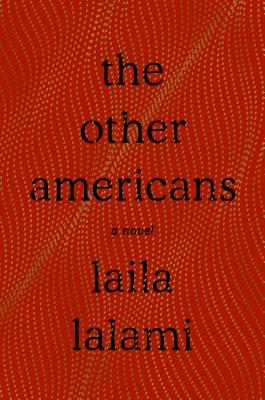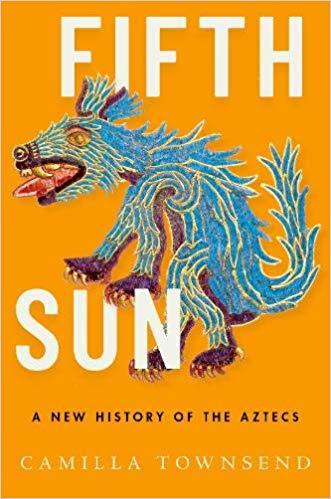The Other Americans by Laila Lalami is a novel (and finalist for the 2019 National Book Award) about Nora, the daughter of Moroccan immigrants. Her father, who fled Morocco because of political repression there and now runs a diner in Southern California, is killed in a hit-and-run incident. She’s distraught, which causes tension with her mother and sister, and she pushes the detective investigating the incident to find the killer even though there are apparently no witnesses. Meanwhile, she reconnects with Jeremy, a former high school friend who became a Marine serving in Iraq and is now a policeman. He’s different from the other men she’s been involved with. She’s also at odds with her mother and sister and can’t seem to let go of anything. All of these characters have interesting backstories that make them believable and mostly sympathetic. In college, Nora switched from medicine to music studies, over her mother’s objections. The mother hadn’t wanted to emigrate, but did so when her husband insisted, and still is resentful. Jeremy had a tough relationship with his own father, an alcoholic, and joined the Marines, then served in Iraq before becoming a cop. All of which makes for an engaging story that is more than just a mystery. While the book is engaging in most regards, there are a couple of loose ends that are left unresolved, and that bugged me a little because it seems to me they could have been. Still, I enjoyed the read.
A Fever in the Heartland: The Ku Klux Klan’s Plot to Take Over America, and the Woman Who Stopped Them by Timothy Egan is a frightening book on a couple of levels. First, although we all know about the KKK, I wasn’t aware of how powerful they were in the 1920s. Second, the parallels between the KKK’s agenda of hate and the agenda of the Trump/MAGA crowd are just too clear; it’s as if they are a repackaged version of the Klan. For me, the book was especially interesting because its primary focus is on a scumbag named D.C. Stephenson who rose to power in the Indiana branch of the Klan and ruled his empire from Indianapolis (where I lived as a kid). The size of the membership of the KKK in Indiana and several neighboring states that Stephenson also controlled is staggering, and the fact that so many politicians, judges, and law enforcement officials were members is truly disturbing. However, the woman mentioned in the subtitle didn’t knowingly stop the Klan. It might have made a nice story if she had, but what Stephenson did to her was used by others to stop them after she died. Plus, the book seems to conclude that the Klan was killed by the events described in the book, and that simply isn’t the case, not even in Indiana. I remember being warned in the 1970s that Martinsville, a small city between Indianapolis, where my parents lived, and Bloomington, where I was in graduate school, was a hotbed of Klan activity. The KKK has not gone away.
The Man Who Wrote the Perfect Novel: John Williams, Stoner, and the Writing Life by Charles J. Shields is a fascinating biography about a writer who I thought had receded in importance. Few non-academics or non-writers seem to recognize his name these days, because his most important work, Stoner, is set in academia and was published so long ago. And while it’s a wonderful novel, it seems quite dated, no matter how highly regarded it once was. As this book notes, though in the past decade, there has been more interest in the novel (and by extension in Williams’s other novels) because of growing readership in Europe driven by effective marketing. In any event, the biography is very readable (in spite of a few typographical errors and fact-checking mistakes) about Williams’s early life and career, his multiple marriages and affairs, and his publishing career. I was also interested to learn that Williams won the National Book Award (in a rare tie) for his novel Augustus, which I had never even heard of before I read this book.
Fifth Sun: A New History of the Aztecs by Camilla Townsend: I think this is a terrific book, in the sense that it tells a valuable story in an accessible way and is filled with information that was completely new to me, even though I’ve been to central Mexico (the territory of the “Aztecs” several times). The thoroughness and authenticity of the book also prevent it from being an excellent read–there are so many names of people that are difficult for an English-speaking audience that the book, as others have noted, is a bit of a slog to get through. Nonetheless, I do recommend this book if you are interested in learning the history of the indigenous Mexicans and the Spanish conquest from the point of view of the people who were there before the Spaniards.




